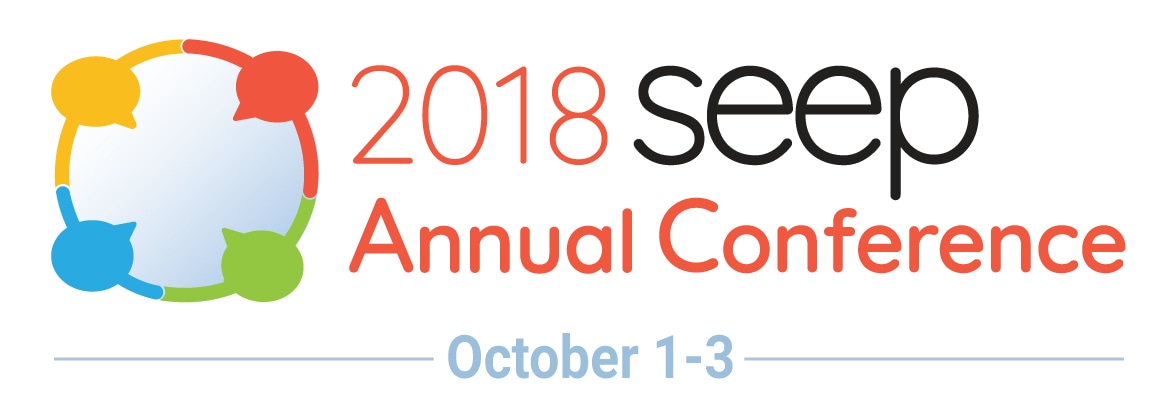
Systemic approaches have been widely used in broader food systems to enhance improved nutrition and reduce food insecurity among extremely poor people. Drawing from a recently published Enterprise Development and Microfinance Journal article, this session brings evidence-based findings and lessons from Bangladesh, Ethiopia, India, Ghana, Tanzania, Malawi, Mali and Zimbabwe to answer the critical question of how to utilize systems and other sectoral approaches to link the private and public sector with food insecure households and improve the broader food system. Session participants will learn about creative household and market-strengthening approaches and the evidence of their ability to reduce food insecurity, especially among vulnerable populations.
Building sustainable food systems presents many challenges along value chains from fields to processing to marketplaces. Can social sector franchising revolutionize the way food is produced and sold in the developing world? What builds capacity of social franchisers to meet market demand while navigating difficult economic ecosystems? This session considers two social sector franchise models; one on production among Cambodian smallholders and their interactions with input farm agent franchisees and one in Nicaragua looking at quality, affordable food accessible to low-income communities from home-based micro-franchise operators. Join us to explore these examples and attempt to address key questions on the role of social sector franchising.
In recent years, the conversation about nutrition sensitivity has described the natural convergences of agriculture and nutrition that promise accelerated progress toward improved well-being in vulnerable populations around the world. The pathways linking the two sectors are well-articulated opportunities to create nutritional impact through agriculture-related activities. But there are underlying divergences between these sectors, such as how we target participants, balancing dual outcomes and engaging with private sector for nutrition outcomes, that can undermine these linkages if they are not thoughtfully addressed. This session explores these tensions, focusing on using practical experience to illustrate how implementers are tackling these challenges.
How can we leverage growing urbanization to increase nutritious products in the marketplace? In this collaborative session grounded by case studies from Haiti and Rwanda, we will discuss how to design and structure facilitative, demand-driven, market-oriented private-sector partnerships which also have an impact on nutrition, particularly for urban and peri-urban consumers. Together, we will unpack ways to identify new market channels, trigger investments in nutritious and safe food products, and explore methods of employing meaningful, yet cost-effective, ways to assess nutrition outcomes. Participants are asked to bring their examples and ideas to the discussion.
Nutrition-sensitive agriculture is a relatively new framework that aims to increase positive nutritional impact of agricultural development activities, but there is still a shortage of practical guidance informed by evidence and experience on how to effectively apply these concepts. This session will bring together implementers from DAI, FHI360 and FAO to explore emerging best practices for integrating a nutrition-sensitive agriculture approach into programs, based on recent project experiences. The panelists will discuss strategies for translating the theory behind the nutrition-sensitive agriculture framework into practical and high-impact project activities, pitfalls they have encountered, their innovative responses to these challenges, and the strategies that ultimately delivered results.
As global youth populations and unemployment continue to rise to unprecedented levels, it is reassuring to imagine the development of a resilient, stable, and diversified rural economy powered by youth, with markets and food security growing alongside the agricultural sector. This interactive session is an opportunity to add to the learning agenda on how to engage youth, ages 15-24, in agriculture value chains that have the capacity to absorb them and improve food systems. During this session, we will explore the role of nutrition-sensitive agricultural approaches, investment in surrounding ecosystem activities including the integration of ICT methods and how these approaches can positively transform the market systems in which youth live and work. This interactive session will take a marketplace approach to share lessons from five organizations implementing agricultural sector youth engagement programmes.
